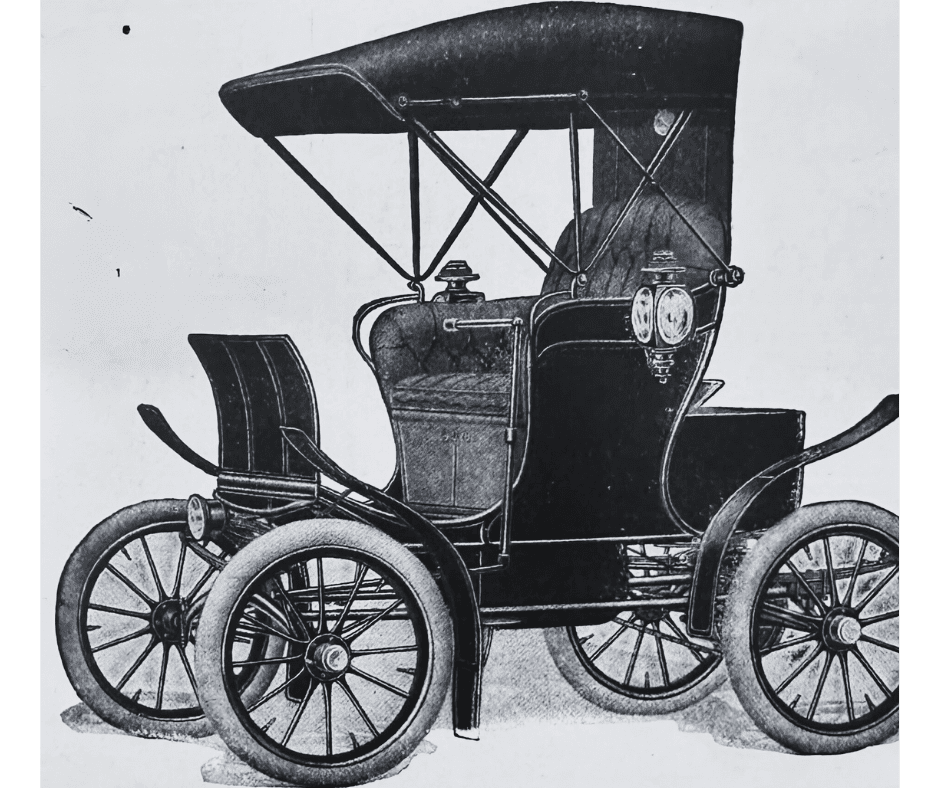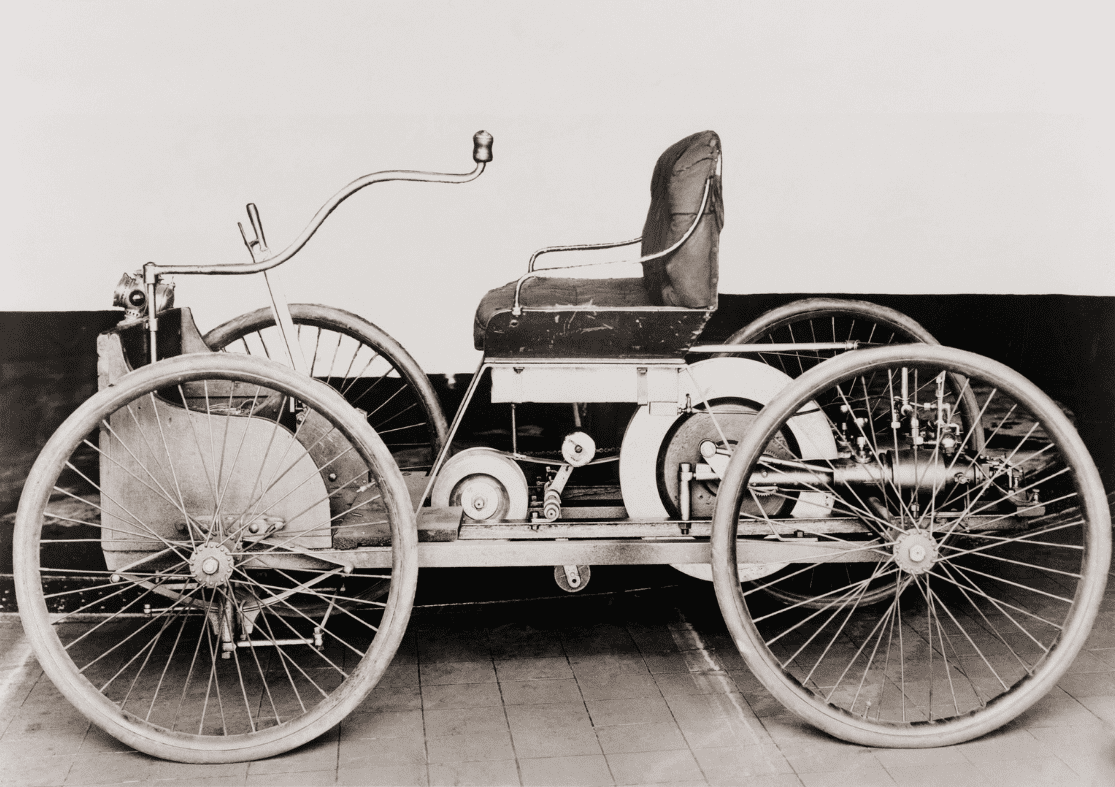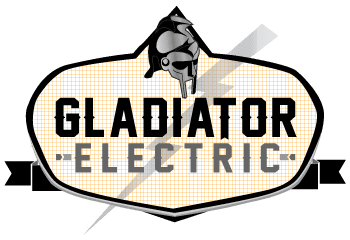Tesla and EV Charging Installation Electrician in New Jersey

Gladiator Electric is a licensed electrical company specializing in residential, commercial, and industrial areas in Northern New Jersey. To schedule your complimentary virtual estimate,call 201-381-6942.
At Gladiator Electric, we are passionate about renewable energy and the future of transportation. We leverage our expertise to provide seamless installation and maintenance of Tesla and other electric vehicle charging stations. With years of experience in the field, we are confident in our ability to meet your electric vehicle charging needs.
Tesla and Electric Vehicle Charging Station Installations
If you’re considering purchasing a Tesla or other electric vehicle, you’ll need a place to charge it. Gladiator Electric has the skills and experience you need to install a proper charging station at your home or business.
Our team is composed of industry-accredited, licensed electricians with a wealth of hands-on experience in eve installation. We are determined to stay at the cutting edge of the electric industry, always staying attuned to the latest advancements.
In today’s world, the need for renewable energy sources is more crucial than ever. If you’re contemplating the transition to an electric vehicle, such as a Tesla, you’ll require a dedicated charging station.
We possess the skills and experience necessary to install a proper charging station in your home or business, providing you with the convenience of always having a fully charged vehicle.
Understanding Electric Vehicle Chargers
When it comes to charging your electric vehicle, understanding the different types of chargers is critical. There are primarily two levels of chargers commonly used – Level 1 and Level 2.
Level 1 Chargers
Level 1 chargers are the most basic type of chargers. They utilize a standard 120-volt AC plug, the same kind found in most household outlets. While Level 1 chargers do not require any specialized installation, they offer a slower charging speed.
On average, a Level 1 charger provides about 4 to 5 miles of range per hour of charging, making it an excellent option for plug-in hybrid vehicles or overnight charging of battery electric vehicles.
Level 2 Chargers
Level 2 chargers are a significant upgrade from Level 1 chargers. They use a 240-volt AC plug and require a dedicated circuit for installation, much like an electric stove or a clothes dryer.
A Level 2 charger typically delivers around 10 to 60 miles of range per hour of charging. This makes them ideal for all-electric vehicles and plug-in hybrids alike, providing a quicker and more efficient charging solution. It’s the go-to choice for homeowners and businesses seeking to reduce downtime and increase the usability of their electric vehicles.
At Gladiator Electric, we have extensive experience installing both Level 1 and Level 2 chargers, helping customers choose the right solution for their needs, whether they’re charging at home or outfitting a commercial property. We understand the technical nuances of charger installation, ensuring that your charging station is set up safely and correctly for optimal performance.
Why Choose Gladiator Electric for EV Installations
As electric vehicles (EVs) continue to surge in popularity, the need for reliable and efficient EV charging installations is more critical than ever. Gladiator Electric has emerged as a frontrunner in providing top-notch EV installation services. In this blog post, we’ll explore the reasons why Gladiator Electric is the go-to choice for your EV charging needs.
Expertise and Experience: Gladiator Electric boasts a team of certified professionals with extensive expertise in EV charger installations. Their experience spans various models and makes of electric vehicles, ensuring that every installation is tailored to the specific needs of each vehicle and homeowner. Their deep understanding of EV technology translates into installations that are not only efficient but also optimized for the best charging experience.
Quality and Reliability: When it comes to EV installations, the quality of work can significantly impact the performance and longevity of your charging setup. Gladiator Electric is committed to using only high-grade materials and the latest techniques in all their installations. This commitment to quality ensures that each charging station is not just reliable, but also durable, giving you peace of mind for years to come.
Customized Solutions: Understanding that every homeowner’s needs are unique, Gladiator Electric offers customized solutions tailored to individual requirements. Whether you need a basic installation or a more complex setup involving panel upgrades or dedicated circuits, Gladiator Electric’s team is equipped to handle all scenarios with precision and customization.
Safety First Approach: Safety is paramount in EV charger installations. Gladiator Electric adheres to strict safety standards and regulations to ensure that every installation is safe and compliant with local codes. Their thorough approach includes careful inspection and testing of the installed equipment, ensuring a risk-free operation.
Customer-Centric Service: Gladiator Electric places immense value on customer satisfaction. Their approach is holistic, focusing not just on the technical aspects of installation but also on providing excellent customer service. From the initial consultation to post-installation support, Gladiator Electric ensures a smooth, transparent, and hassle-free experience for all clients.
Environmentally Conscious: As a company at the forefront of green technology, Gladiator Electric is not just about installations; they are also committed to promoting sustainable practices. By choosing their services, you’re not only getting a superior installation but also contributing to a greener and more sustainable future.
The Birth of the Electric Car

It’s hard to pinpoint the invention of the electric car to one inventor or country. Instead, like most inventions, it was a series of breakthroughs — from the battery to the electric motor — in the 1800s that led to the first electric vehicle on the road.
In the U.S., the first successful electric car debuted around 1890 thanks to William Morrison, a chemist who lived in Des Moines, Iowa. His six-passenger vehicle, capable of a top speed of 14 miles per hour, and helped spark interest in electric vehicles.
The Baker Motor Vehicle Company, established in 1899 in Cleveland, Ohio was renowned for its high-quality electric vehicles, Baker carved a niche in the early automotive industry with its innovative designs and reliable performance.
The Baker Electric Car
The Baker Electric was also notable for its use of Edison storage batteries, a cutting-edge technology at the time. Despite facing competition from the burgeoning gasoline-powered vehicle market, the Baker Motor Vehicle Company remained a significant player in the electric car industry until the early 1910s, symbolizing the early potential and popularity of electric vehicles. Baker’s legacy in the automotive world is a testament to the enduring allure and practicality of electric transportation.
Over the next few years, electric vehicles from different automakers began popping up across the U.S. New York City even had a fleet of more than 60 electric taxis. By 1900, electric cars were at their heyday, accounting for around a third of all vehicles on the road.

The History of Electric Cars in New Jersey
In 1898, the city of Elizabeth, New Jersey, became the birthplace of a noteworthy chapter in automotive history with the founding of the Riker Electric Vehicle Company. The brainchild of Andrew L. Riker, a visionary in electric vehicle technology, the Riker electric cars emerged as a hallmark of innovation during the brass era of automobiles.
These vehicles were distinguished by their pioneering design and engineering, which reflected Riker’s profound expertise and foresight in electric propulsion. Despite being produced in limited numbers, Riker electric cars left a mark in the early automotive landscape. Their significance was further underscored in 1901 when the Electric Vehicle Company, recognizing the Riker’s potential and influence in the burgeoning electric car market, acquired the company.
The Early Rise the Electric Car
As electric vehicles came onto the market, so did a new type of vehicle — the gasoline-powered car — thanks to improvements to the internal combustion engine in the 1800s. While gasoline cars had promise, they weren’t without their faults. They required a lot of manual effort to drive — changing gears was no easy task, and they needed to be started with a hand crank, making them difficult for some to operate. They were also noisy, and their exhaust was unpleasant.
Electric cars didn’t have any of the issues associated with steam or gasoline. They were quiet, easy to drive, and didn’t emit a smelly pollutant like the other cars of the time. Just like today, electric cars quickly became popular with urban residents. They were perfect for short trips around the city, and poor road conditions outside cities meant few cars of any type could venture farther. As more people gained access to electricity in the 1910s, it became easier to charge electric cars, adding to their popularity with all walks of life.

